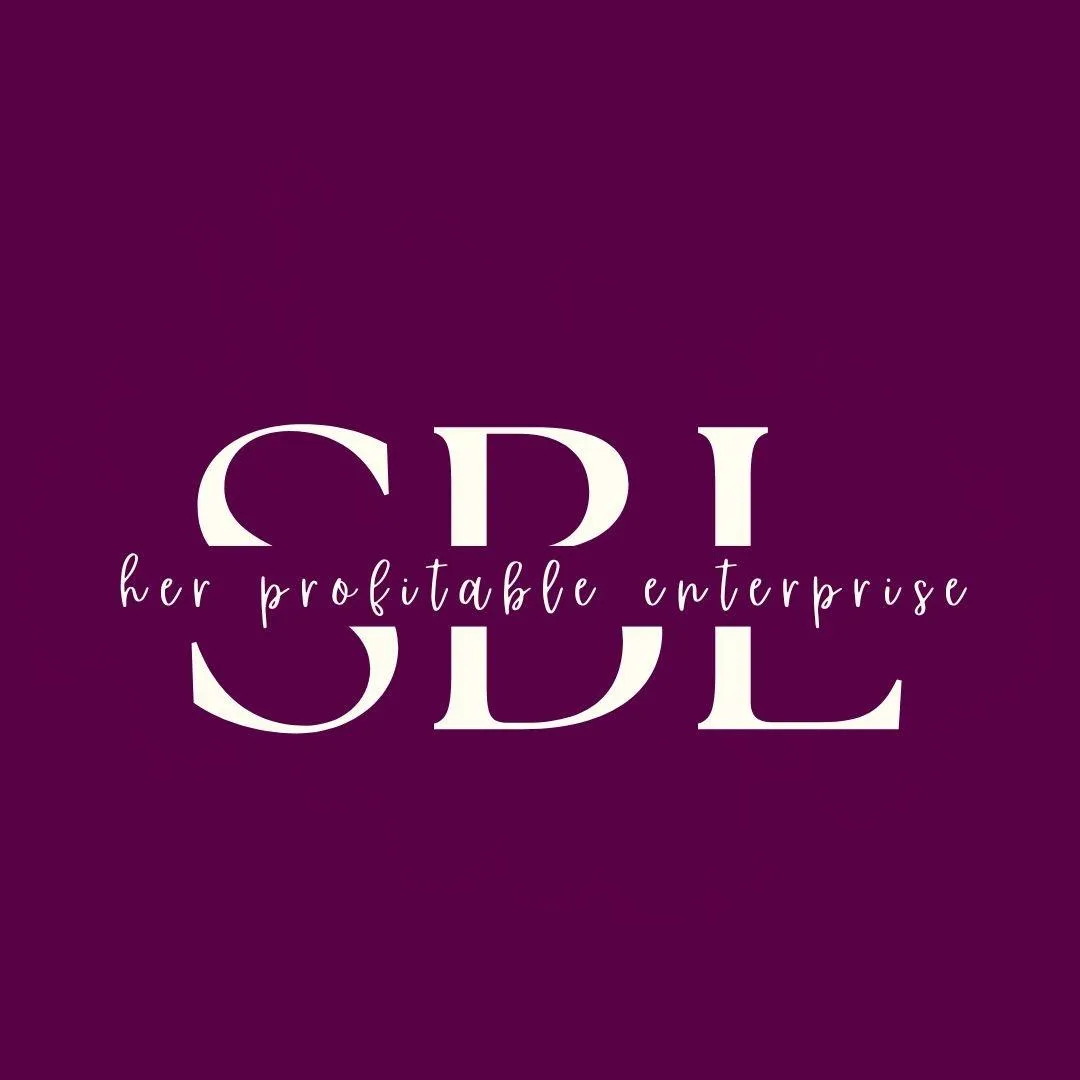Truths and Thoughts
Here, we delve into the heart of our community's experiences, share stories of transformation, and explore the wisdom that inspires us to live our lives with purpose and faith. Join us on this journey of self-discovery, empowerment, and spiritual growth as we navigate the path of faith and higher purpose together. Explore the articles, stories, and insights shared by our vibrant community and be inspired to embrace your unique calling.

Living Free
“In him and through faith in him we may approach God with freedom and confidence.” - Ephesians 3:12
In the pursuit of success and achievement, many individuals find themselves battling an internal adversary known as Impostor Syndrome. This pervasive feeling of inadequacy and the fear of being exposed as a fraud can undermine one's confidence and hinder personal and professional growth. In this blog, let me share how I overcome Impostor Syndrome, along with practical strategies and insights to help others break free from its grip.
Impostor Syndrome starts innocently enough. You might find yourself working your best towards a dream yet, couldn't believe that you deserve the accolades and promotions; or worst, do not see any progress at all. Despite external validation, you feel like a fraud, attributing your successes to mere luck rather than God's grace through your abilities.

It happens to many women like you. You have to acknowledge the presence of Impostor Syndrome in life. At some point, I realized that this internal struggle was holding me back from reaching my full potential. I remember when I was just starting, I had everything set but could not find the courage to launch. Until I confronted the negative self-talk and limiting beliefs that were overshadowing my accomplishments. That's when I began to live free.
1. Embrace Authenticity
The first step towards freedom was embracing authenticity. I started by acknowledging and celebrating my achievements, big and small. That moment when I clicked "Publish" in creating my site, or when I had my first sale, and to now, that I am supplying to over 63 countries worldwide -- Creating a record of my successes helped me build a tangible reminder of my capabilities, gradually silencing the nagging voice of self-doubt.
2. Seek Support
Understanding that I wasn't alone in this battle was a game-changer. Throughout my journey, I sought support from mentors, friends, and colleagues who shared similar experiences. God also sent individuals to make me realize His bigger plans. Their stories, personal advice, and simple words of motivation: "I believe in you", "You can do it", provided inspiration and practical advice that became invaluable on my journey.
3. Shift Perspectives
Changing the way, I perceived success was crucial. Instead of viewing achievements as mere strokes of luck, I reframed them as a result of hard work, dedication, and genuine competence. This shift in perspective helped me build a healthier relationship with success and allowed me to take ownership of my accomplishments.
4. Set Realistic Standards
Impostor Syndrome often thrives on unrealistic standards and perfectionism. I learned to set achievable goals and understand that making mistakes was a natural part of the learning process. I also learned to celebrate failures with a profound lesson on my journey to freedom. Instead of viewing setbacks as confirmation of my inadequacy, I began to see them as opportunities for growth and improvement. Each failure became a stepping stone towards greater resilience and competence.
True enough that experience is the best teacher, and you just have to trust His process. Eventually, with consistency, you will get where you want to be. Embracing imperfections and accepting failures not only reduce the pressure we put on ourselves but also foster a more positive and growth-oriented mindset.
5. Incorporate Affirmations and Positive Visualization
Incorporating daily affirmations and positive visualization exercises played a significant role in reprogramming my mindset. I replaced negative thoughts with empowering affirmations and visualized successful outcomes. "Yes, I can." Over time, these practices helped build confidence and acted as a buffer against Impostor Syndrome.
6. Invest in Continuous Learning and Skill Development
Committing to continuous learning and skill development was instrumental in boosting my self-esteem. By acquiring new knowledge and honing my skills, I not only expanded my expertise but also reinforced the fact that I was a competent professional deserving of success.
As I triumphed over Impostor Syndrome, I felt a deep sense of responsibility to help others on their journey to authenticity. Becoming a mentor and sharing my experiences allowed me to contribute to a supportive community where individuals could openly discuss their struggles and triumphs.
Breaking free from Impostor Syndrome is a personal and transformative journey that requires self-reflection, resilience, and a commitment to personal growth. Through acknowledging the enemy within, embracing authenticity, seeking support, and adopting empowering practices, I not only conquered Impostor Syndrome but also discovered a newfound sense of confidence and self-worth.
If you find yourself grappling with Impostor Syndrome, remember that you are not alone. Take the first step towards freedom by acknowledging your achievements, seeking support, and reframing your perspective on success. With dedication and self-compassion, you can overcome Impostor Syndrome and embrace the authentic, capable individual that you truly are. Your journey to authenticity starts now. "Yes, you can!"

